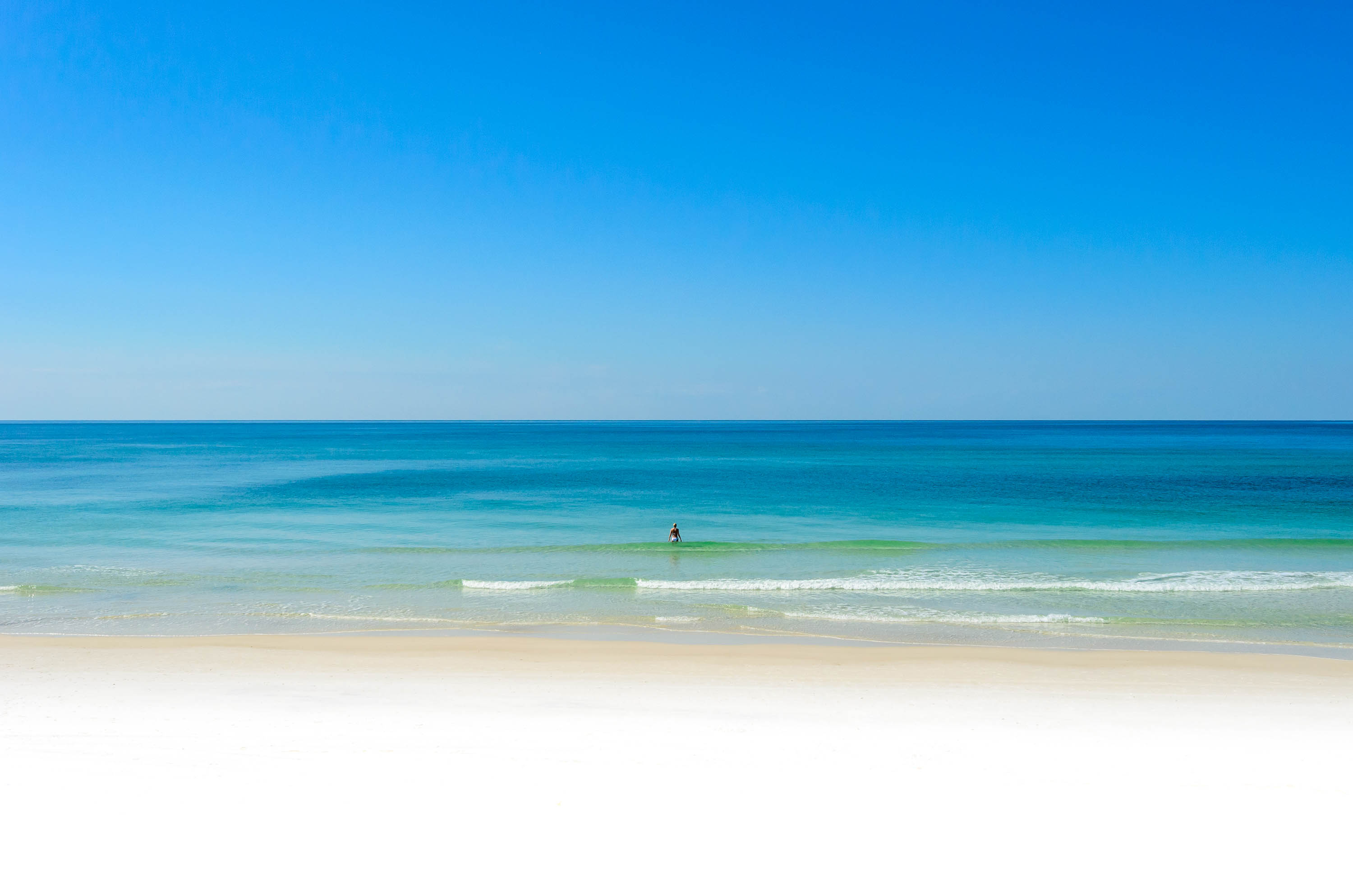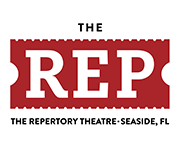STILL NOT CONVINCED THERE'S A REAL ESTATE BUBBLE, READ THIS!
by Peter Schiff
Euro Pacific Capital
April 20, 2005
As the debate over the existence of a real estate bubble rages, the most persuasive case in favor continues to be made by those firmly committed to the opposite point of view. Such was the case with several recent articles that should give even the most ardent real estate bulls cause for concern.
A New York Times article of April 17, 2005 entitled "Seeking Nest Eggs Investors Buy Nests," chronicles the recent deals of several New York actual, and wannabe, real estate moguls. Although the figures profiled varied largely in terms of wealth and experience, two threads that united them are their a) confidence that real estate prices have no where to go but up, and b) willingness to accept low rental returns, or even negative cash flows, as trade offs for expected appreciation.
Several individuals admitted to being attracted to real estate because they had either lost money in the stock market, or knew of others who had. What these "investors" fail to realize is that they are making the same foolish mistakes with real estate that they or others made with stocks. Stocks per say are not bad investments. Neither is real estate. Its over paying for either that makes for a bad investment. In the 1990s investors over-paid for stocks by ignoring the fundamental measurement of a stocks value, its dividend yield, simply because they expected its price to rise. By ignoring rents, todays real estate "investors" are making exactly the same mistake.
The following quotes taken directly from the Times article provide more evidence than any academic study could in support of the existence of a real estate bubble:
One investor seeks simply to "cover her monthly costs, even if rents are low" and admits that "if there is a little money left over after mortgage payments, taxes, and other expenses, so much the better, but enhancing cash flow is not the goal." How can cash flow not be the goal of an investor in rental property? The fact that she describes minimal positive cash flow as "so much the better" implies that even negative cash flow is acceptable
A second aspiring tycoon who turned to real estate because "he watched his friends lose money on stocks" and feels "real estate is safer," is happy to buy rental property if he can break even. "Im not looking for positive cash flow because we both work and have good incomes." His goal is "to get as many apartments as I can, even with a mortgage, and break even-I do not want any negative cash flow-and when my retirement comes, sell everything." Sell to whom? Apparently a greater fool for whom negative cash flow will not be an obstacle.
A third individual boasts about having paid $70,000 for a rental condo last year that is worth $115,000 today. Though she admits to "not making much money in rents," she looks forward to making up the difference in appreciation. She claims to have no interest in selling now but When Im ready to liquidate I will have the money there, its better than the stock market." How does she know the condo is worth $115,000? Is it because a greater fool purchased a similar one at that price? How does that affect her if she is not the one who sold? Remember all those "paper profits" in the stock market? What good are they now to those who did not sell?
The fact that so many novice real estate investors are confidently buying property with nominal or negative cash flow is not completely lost on the New York Times reporter, but even in pointing this out, he provides still more fodder for my argument. One "expert" consulted commented that in the past real estate investors expected annual rental returns of 8% to 10%, and that such a "historical perspective" is actual a negative in todays market, as it results in experienced investors passing on properties that investors with "fresh prospective" routinely buy. "Theyre not being foolish; theyre looking at it differently than people who have been in the market for a long time." In other words, this time its different, a new era. Ive seen this movie before, and I know how it ends. Remember all the novice stock market day-traders ridiculing Warren Buffet for his failure to grasp the new reality.
A second "expert" remarked that "A break even investment is O.K.," but cautioned others to "never buy a negative return." So even todays supposed experts see nothing wrong with buying rental property that produces no net rental income.
Similarly, a local magazine in Connecticut recently featured a cover-story titled "Annual Real Estate Market Survey -- How High Can It Go?" in which an expert commented "The only problem with real-estate investing in this area is when you approach it strictly as an investor." In other words, consider the fundamental investment value of the property. "Yes a house in Darien or New Canaan will appreciate, and turn a handsome profit when sold, but the greatest interim benefit comes from actually making your home there rather than renting it out and waiting for the optimal selling point." (Not for my wife and me, who are enjoying the area along with the benefits of cheap rent while waiting for prices to collapse.) Notice how appreciation is seen as given, despite the low rental retunes available at todays already high prices.
Another agent commented that "Homes have been very difficult to rent. Ive seen rental listings sit for numerous months." A third added "Even transferees who are coming her for a year or two are buying and then selling after they leave. Its great to buy a house for investing because the value will increase, but dont expect to get an enormous amount of rent."
In another article in the same magazine ironically titled "The Realities of Real Estate" a Q and A with a local realtor included the following: Question, "Are condominiums good investments," Answer, "Theyre an OK investment, but not as good as a single-family home where you can double or triple every dime you put into it." By that she means that if you spend 25K remodeling your kitchen, expect to get an extra 50K to 75K at resale. Remember the olden days, like 5 years ago, when at best, a remolded kitchen could recoup only about 50% of its cost.
Finally, an article which appeared in the April 10 New York Times, entitled "The Hunt, Becoming a Mogul Slowly," which should have been entitled "A Bankruptcy in the Making," chronicles the real estate deals of a 25 year old New Yorker, who began his investment career at the ripe age of 22, using money borrowed form his proud parents for the down-payment. This young man's advice to those potential investors who might be worried about real estate is "What are you worried about? Take a risk with real estate, its less risky than the stock market." It is! Well hes 25 years old, so I guess he should know.
The young mogul also advises against shying away from bidding wars. "An apartment is more attractive to me when other people want it. While the price might seem expensive now, it might not be expensive six months to a year form now. We overbid to capture the opportunity." Basically, his real estate wisdom boils down to the following: Dont worry about the price you pay, just buy, because the price will be higher in six to twelve months.
Meanwhile his success has inspired six of his young, former-renter friends, to follow in his experienced footsteps. Initially, some were put off because "they thought buying was scary or complicated, especially if they werent sure they would settle in New York, but that when they saw that I wasnt completely frazzled and was doing it fairly easily and came out with a profit, they saw it was fairly simple. I made it seem like a very cool thing to do."
I don't think there has ever been a greater "can't lose" consensus than the one which exists among today's real estate "investors." Combine this "irrational exuberance" with unprecedented access to cheep credit, and its no wonder that the Fed has succeeded in creating the "mother of all bubbles." In fact, it's the sheer size of this mega-bubble which makes it so hard to detect, as so many observers are themselves trapped within it. But the simple fact that a 25 year old kid, with three years of experience, is the subject of a series article about real estate investing in The New York Times, itself is perhaps the best anecdotal evidence that today's real estate market is a bubble. When a self-described computer geek, proclaims real estate investing to be cool, you can bet the trend is nearing its end.


 What is it?
What is it?










